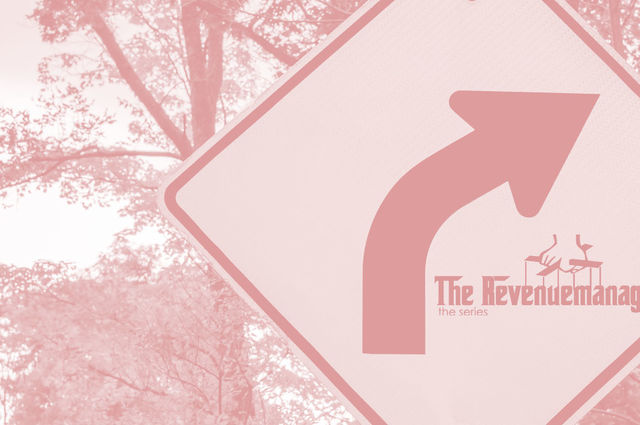How can hotels stand ahead of the curve when demand returns?
14 experts shared their view
According to Bloomberg, over 300 million doses of COVID-19 vaccines have already been administered; President Biden said the U.S. expects to vaccinate every adult by mid-May, and 53.7% of Israelis has received the first dose of the coronavirus vaccine. We are still not out of the woods, but things look brighter than they did just a few months ago. It is likely, therefore, that travel demand will slowly return in 2021, and we're already seeing some destinations with a decent pickup for the summer. With these first signs of hope, it's quite predictable that hotels will fight hard for market share, especially during this unstable year. In this particular situation, how can your hotel stand out from the crowd and stay ahead of the curve?
Looking back in a few years the current period we are finding ourselves in might be called the quiet before the storm…or the great travel awakening. Over the coming months, I believe we will all be surprised by how fast travel will rebound starting first with Asia, Oceania and North America, buoyed by government incentives and a very strong desire to meet friends and families, explore the world and just “get out”. Travel will rebound in four phases: 1) Domestic Leisure and social gatherings (weddings etc.) this Summer, 2) Domestic Business in Q3, 3) International Business by Q4 and 4) International Leisure in early 2022.
For hotels, the window to define their strategies to take full advantage of the expected rebound is closing quickly. Do you understand the changes in your target customers, including micro segmentation and changed needs and drivers to travel? Do you have access to data to fully understand from where demand is starting to materialise and in what shape? Do you have the technology infrastructure in place to get accurate data and have the capability to automatically forecast and react to rapid shifts in demand? Do you have agreed commercial strategies in place for each of the distinct phases of the expected recovery, so you can implement them very quickly as changes are observed?
Do not make this year the year of lost opportunities! If you do not have your strategies well defined at this point you are quickly running out of time and will fall behind your competitors.



